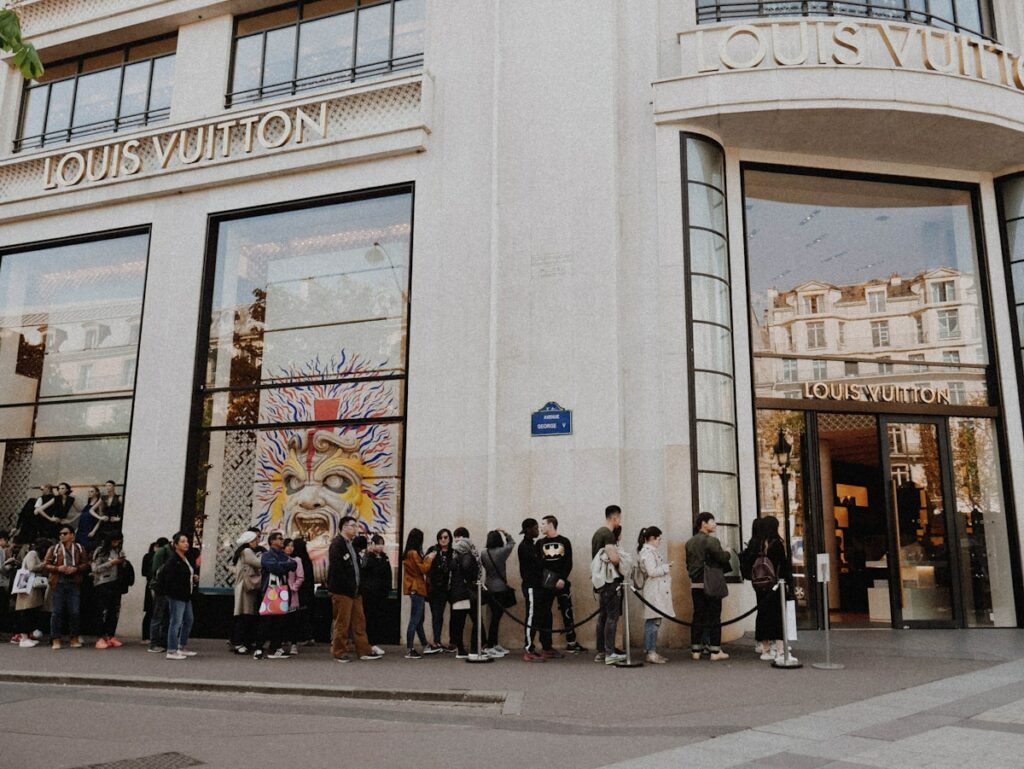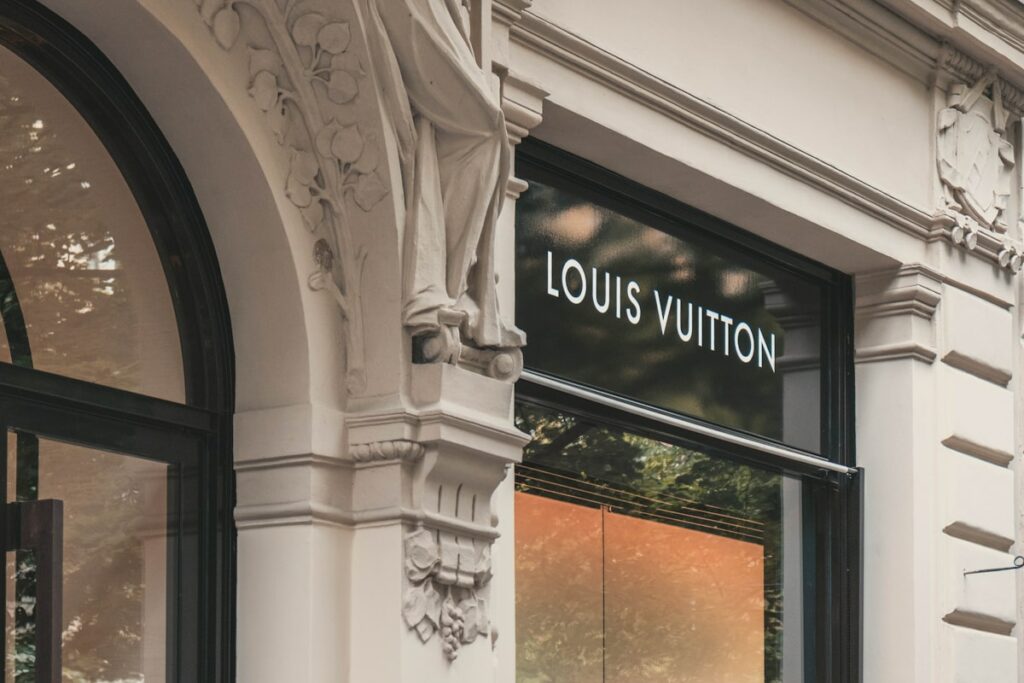Doom Spending: A Coping Mechanism for Economic Anxiety
Gen Z and millennials are increasingly ‘doom spending.’- a coping mechanism for economic anxiety . How do we recognizing its roots in emotional and economic anxiety?

If you ever asked yourself what drove all these young people waiting for hours outside Harrods or Selfridges to open their doors on sales promotions, the answer is “doom spending”- a growing trend that has captured the attention of psychologists and financial experts. If you felt the impulse for excessive spending on luxury goods or experiences like designer clothes and travel, you are not alone.

Doom spending is increasingly common among younger generations, especially Gen Z and millennials and is often driven by a pessimistic outlook on your financial future or broader economic challenges.
According to recent surveys, 43% of millennials and 35% of Gen Z have engaged in doom spending to cope with stress and feelings of economic helplessness. Many young adults feel that traditional milestones—such as owning a home or saving for retirement—are becoming unattainable due to rising housing costs and wage stagnation. Instead of saving for a distant and uncertain future, they choose to “live in the moment” by spending on luxuries, often sacrificing long-term financial security in the process.
Credit Karma revealed that this spending behaviour is often tied to the frustration of being unable to afford major life investments. For some, doom spending offers temporary relief, providing a sense of control or instant gratification in a world that feels increasingly chaotic. However, this can have long-term negative consequences, pushing individuals into debt or preventing them from building a financial safety net.

While spending on self-soothing purchases can momentarily lift spirits, doom spending exacerbates stress in the long run, as many find themselves financially overextended.
This has been particularly evident during high-spending events like Black Friday, where consumer behaviour has surged despite economic warnings.
Psychological research indicates that overreliance on consumerism to cope with stress can lead to a cycle of compulsive spending, making it difficult to save or plan for future financial security. While it might feel comforting to purchase something luxurious, the effect is usually short-lived, leaving individuals more anxious about their financial situation afterward.
Ultimately, curbing doom spending requires recognizing its roots in emotional and economic anxiety. Financial experts recommend exploring healthier ways to manage stress, such as practising mindfulness, seeking low-cost or free recreational activities, and prioritising saving as a form of self-care. Addressing the underlying emotional causes of this behaviour could help young people balance short-term gratification with long-term financial goals.
Do you want to share your story and inspire our readers ? Know that YOUR EXPERTISE is paving the way for a fairer, happier society.




